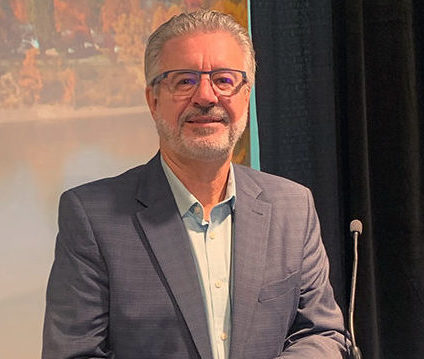The City of Prince George is taking a methodical approach when it comes to Vancouver’s drug decriminalization plan.
Mayors from Victoria, Nanaimo, Saanich, Burnaby, Port Coquitlam, New Westminster, and Kamloops signed a letter to support the Vancouver model and would like Ottawa to follow suit.
Mayor Lyn Hall believes the issue of simple drug possession is heading in the right direction.
“I think that what we have seen over the last two or three years with the marijuana piece and the decriminalization of small amounts. Look at what we have seen with cannabis stores in the community and across the province, this is really the next step for discussion.”
Under the Vancouver model, the city, police, and regional health authority set thresholds for 15 common illicit drugs and anyone found in possession of less than the threshold would not be slapped with any criminal or financial penalties.
Hall wants to chat with fellow councilors and the RCMP before giving the plan their support.
“It’s a process we had not gone through yet so for me, it was about that discussion with council and from there where they would like to go with this.”
In April, B.C. requested a federal exemption from Health Canada to decriminalize personal possession of drugs in the province.
So far in 2021, 48 people have lost their lives to illicit drugs within our health region, with seventeen of those taking place in the northern capital.
Northern Health continues to have the highest drug toxicity rate out of all the health authorities in BC at 50 per 100,000 residents – four points ahead of Vancouver Coastal at 46.
“It’s troubling and it’s an astounding number of deaths that we see in the Northern Health region. It’s unsettling and it’s about depending on the professionals who provide health care services as to what they think will be a more than adequate approach to provide help and reduce those numbers,” added Hall.
In terms of the Health Service Delivery Area, the Northern Interior, which encompasses PG-Quesnel-Burns Lake and the Robson Valley has the seventh-highest drug toxicity death rate at 42.7.
“Mental illness we are seeing on the streets, we are seeing opioid addiction on the streets and we are seeing people homeless because of those addictions but we are also seeing people living on the streets that are not impacted by those things,” Hall said.
In addition, the city’s downtown homeless issue continues to garner conversation on what solutions would be best going forward.
Advocacy groups like Community Partners Addressing Homelessness believes the city would have been better off keeping the “George Street Tent City” instead of offering eviction notices – calling the proposed Safe Streets Bylaw a “band-aid” solution.
However, Hall does have some concerns based on what has transpired in the Lower Mainland and Vancouver Island.
“We have seen it at Strathcona, Oppenheimer, Beacon Hill, and other communities in the Interior who have had tent cities. I have a concern about the health and safety of the folks in the tent cities. We just heard the other night of a loaded handgun that was found so it’s things like that, which concern me.”
Hall also responded to the request from several agencies who proposed to place containers or trailers with showers and bathrooms to allow outdoor camping, giving our most vulnerable a place to stay.
“So, when people want to see the city commit to a secure tent city, my question is who will provide the services? who will provide the washrooms, showers, and services that have been requested?
The Mayor did point out the proposed Safe Streets Bylaw can still be modified between the third and final reading before being fully adopted.
“There can be a tremendous amount of tweaking done to those bylaws and we will see what happens at fourth reading. The other piece to this is when we are asked to provide housing or accommodation, I stress the fact this is a partnership we have to have with BC Housing.”
In March, a proposal to deliver an additional 50 safe and supportive homes for people experiencing homelessness in Prince George is currently in the works between the provincial government and the city.
The new homes are proposed for 855 1st Avenue – the same block where plans are underway to build a project that will include 50 affordable rental homes, 50 supportive homes, and on-site healthcare services.
BC Housing would select an experienced non-profit service provider to manage the building with staff on-site 24/7 to provide wraparound supports, including meal programs, life skills training, and health and wellness support services.
The housing development addresses recommendations made in Northern Health’s 2017 downtown health services plan.
A development permit application has been submitted to the city.
If approved, the construction of the 50-unit project is anticipated to begin this spring and open early in 2022.
Something going on in the Prince George area you think people should know about?
Send us a news tip by emailing [email protected].






